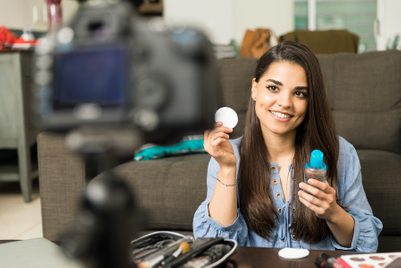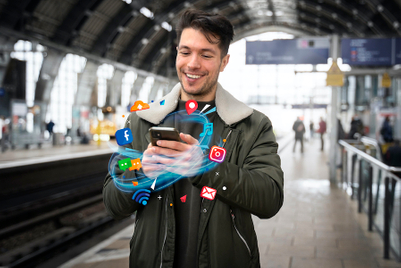
Among social media platforms, WhatsApp rarely attracts the same amount of advertising buzz as the likes of TikTok and Instagram. Likely because its end-to-end data encryption and primary function as a chat service rather than a content platform makes reaching audiences more difficult for marketers.
However, on the eve of its 15th Birthday, the service remains very popular among consumers and attracts high levels of engagement from its users. In fact, according to data from customer engagement platform Twilio, WhatsApp is a top choice for personal interactions with friends (52%), family (54%) and work colleagues (36%).

So, the question must be asked—should advertisers be doing more to connect with consumers via WhatsApp?
When it comes to brand engagement, Twilio’s report posits that there is increasing scope for marketers to navigate consumer preferences and interact with them on this channel, but it’s not just a case of sliding into DMs.
More than half (57%) of consumers are highly protective of personal channels such as WhatsApp, with 52% wanting to keep them just that—personal.
Unsurprisingly, the data indicates that content is key to cutting through, with half of respondents to Twilio’s survey indicating that they are less forgiving when hit with irrelevant advertising in these spaces.
Yet, despite their perceived reticence, consumers are more open to receiving content from brands via WhatsApp than marketers may think. Among those surveyed, email was the most popular channel for interaction with brands, favoured by 38% of people, followed by WhatsApp (22%) and other social media (19%).

Interestingly, 41% of respondents would be more receptive to messages on their personal communication channels if they were hyper-personalised.
This underscores the high risk, high reward nature of advertising on WhatsApp and highlights the importance of personalisation.
In an age where consumers expect more relevant advertising but are more cautious over sharing their data than ever, brands that are able to separate themselves from the field using zero-party and first-party data for personalisation hold themselves in good stead for success.



+(900+x+600+px)+(3).png&h=334&w=500&q=100&v=20250320&c=1)
+(900+x+600+px).jpg&h=334&w=500&q=100&v=20250320&c=1)
.jpg&h=334&w=500&q=100&v=20250320&c=1)


.jpg&h=334&w=500&q=100&v=20250320&c=1)






+(1).jpg&h=268&w=401&q=100&v=20250320&c=1)


.jpg&h=268&w=401&q=100&v=20250320&c=1)

.png&h=268&w=401&q=100&v=20250320&c=1)